
Politics & Society
What’s it like to be young and from overseas in Australia?
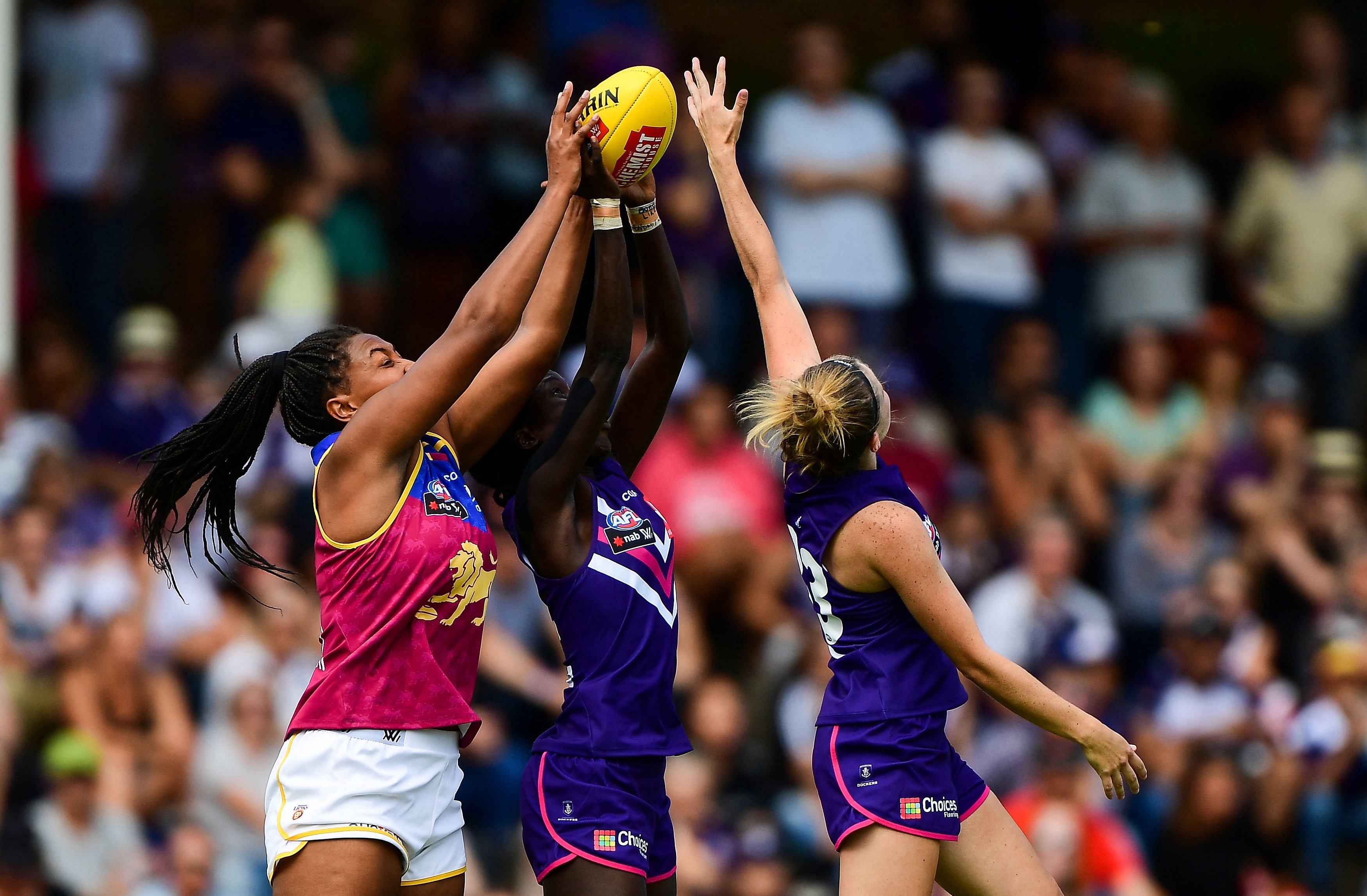
For young people from disadvantaged families and refugee communities in Australia, participating in sport can help to create pathways to belonging
Published 6 June 2022
The idea of looking for belonging can be a daunting task for a young person. It may be even more challenging for those young people from disadvantaged families and migrant communities who might struggle with social issues or a lack of connection.
Belonging is that feeling of being accepted and being somewhere you want to be with a sense of fitting in, based on your ability and who you are.
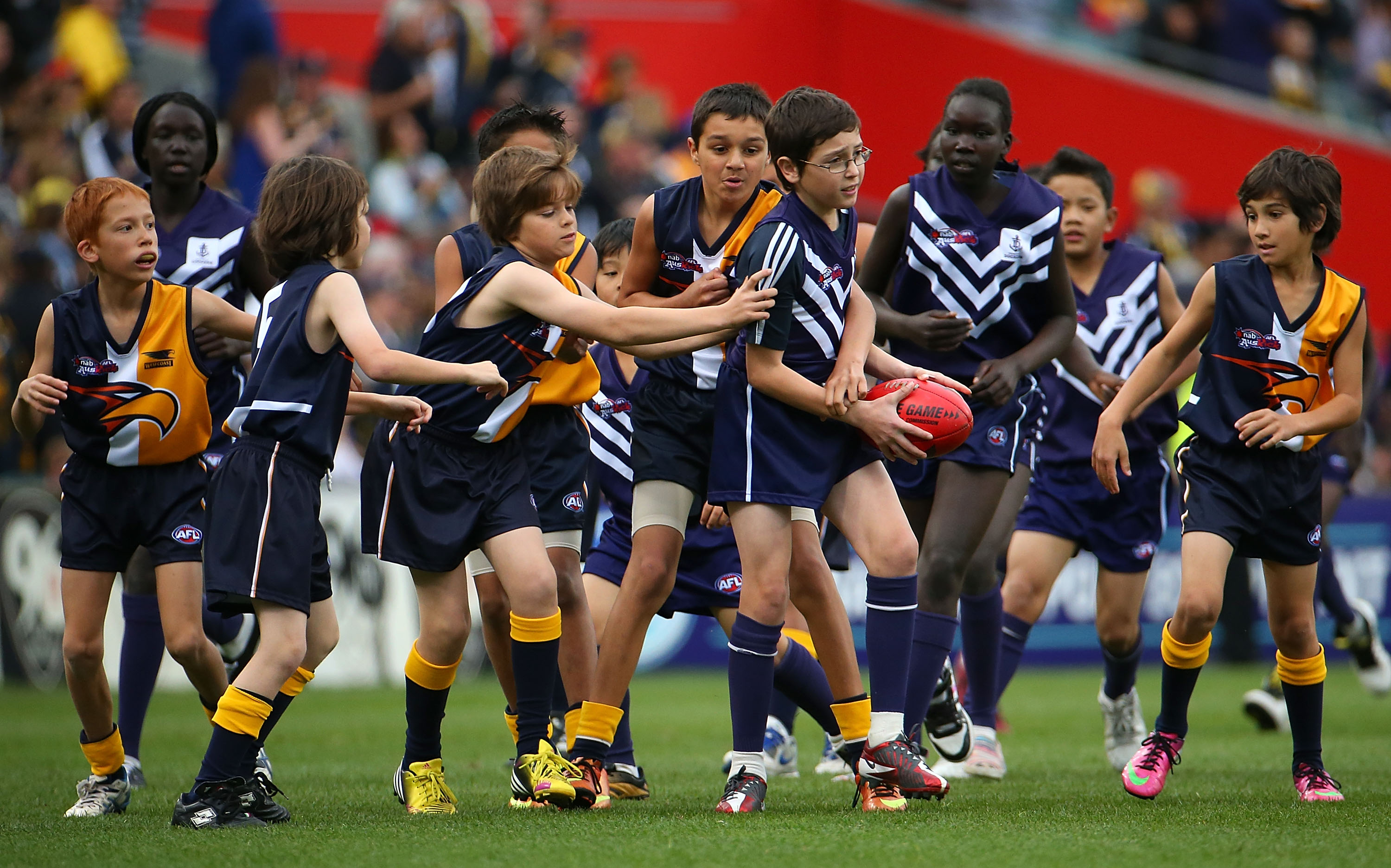
As a social worker and researcher who’s worked with young people from migrant and refugee backgrounds and their families, I know that belonging is one of the settlement issues that many young migrant people struggle with for a variety of reasons.
And sport can play a crucial role when it comes to that sense of belonging.
In other words, sport is an important vehicle for integration, for developing young people and communities by enhancing social, psychological, economic and physical capital.

Politics & Society
What’s it like to be young and from overseas in Australia?
It’s an important tool for encouraging social inclusion in society – especially for those kids integrating into a host nation, who may also be recovering from a traumatic or difficult experience.
Sporting participation also comes with many social benefits for young people from disadvantaged community groups, their families and the wider community – including health and wellbeing, as well as the reduction of anti-social behaviours or criminal activities within a community.
Sport is great a way of creating pathways to belonging, but a lack of engagement and support services for young people from migrant and refugee backgrounds is impeding that participation.
Sport teaches young people different life skills that they often don’t learn in school.
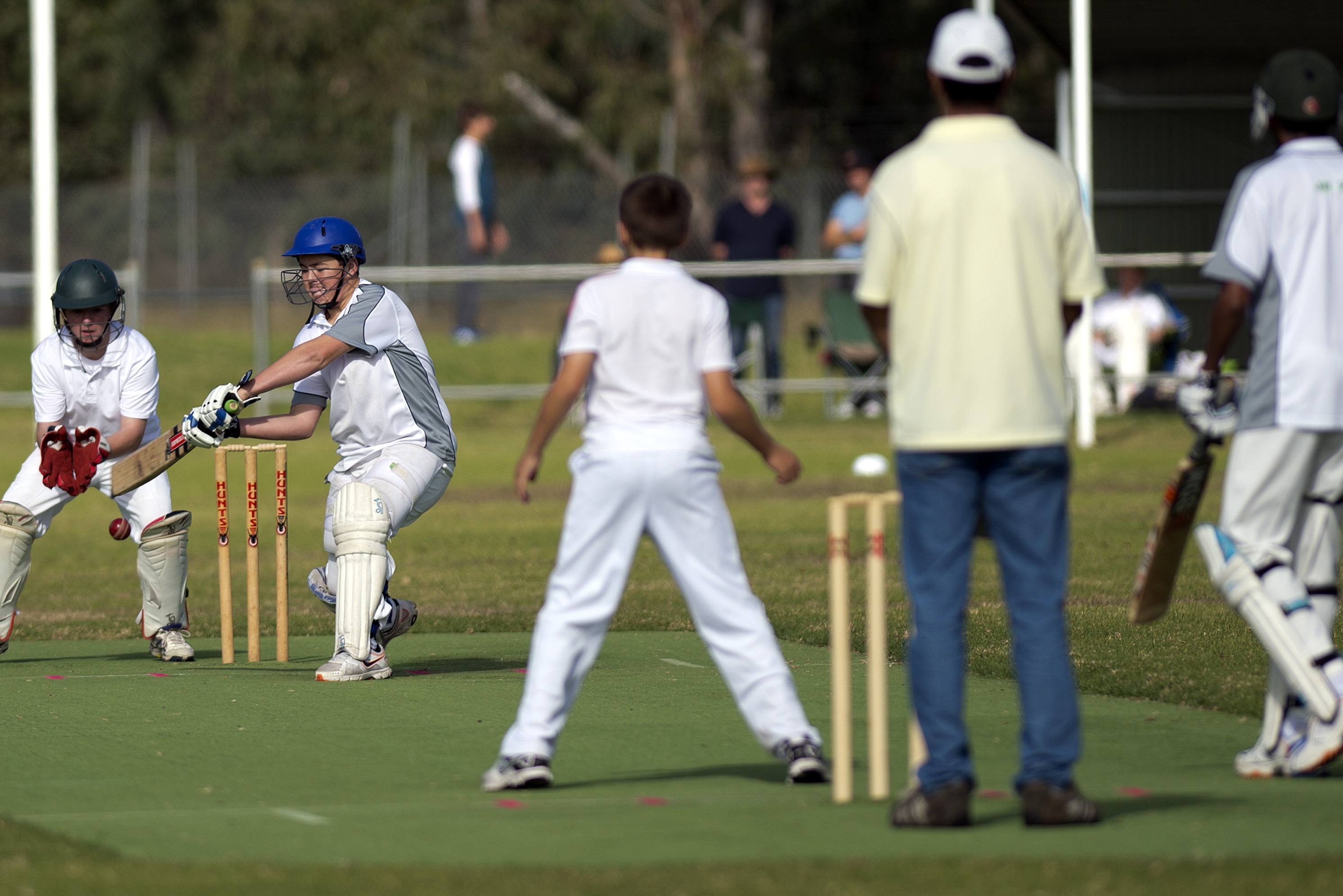
They learn a lot about mistakes and the consequences that come from making those mistakes. They learn about taking responsibility and accountability as part of the game. They learn it’s a place for positive attitudes, respect and leadership.
In fact, globally, sport has emerged as an avenue to improve outcomes in communities with a high level of social and economic disadvantage.
Sport can assist young people from low socioeconomic backgrounds to build their social capital – that is, the resources, practical skills or virtues that are accrued by a person or group through a network of relationships – which can lead to meaningful opportunities in a young person’s life.

Politics & Society
Mapping Australia’s multicultural future
In social capital theory, sport is a great way of connecting young people with each other to have fun with friends, be productively competitive and stay in good physical shape, while also improving their skills, making friends and learning how to be part of a team.
Participation in sport can also help address well-being issues for these young people – like social isolation – by providing opportunities to actively engage them in something productive.
But there are modern challenges on and off the pitch that can discourage young people from participating in sports.
Some young people from disadvantaged or migrant backgrounds fear being targeted by potential bullies, discrimination and racist behaviour – discouraging them and their families from committing to sporting clubs. There are very recent high-profile examples that can put off the very young people who would benefit the most from the values of respect, dignity and justice.
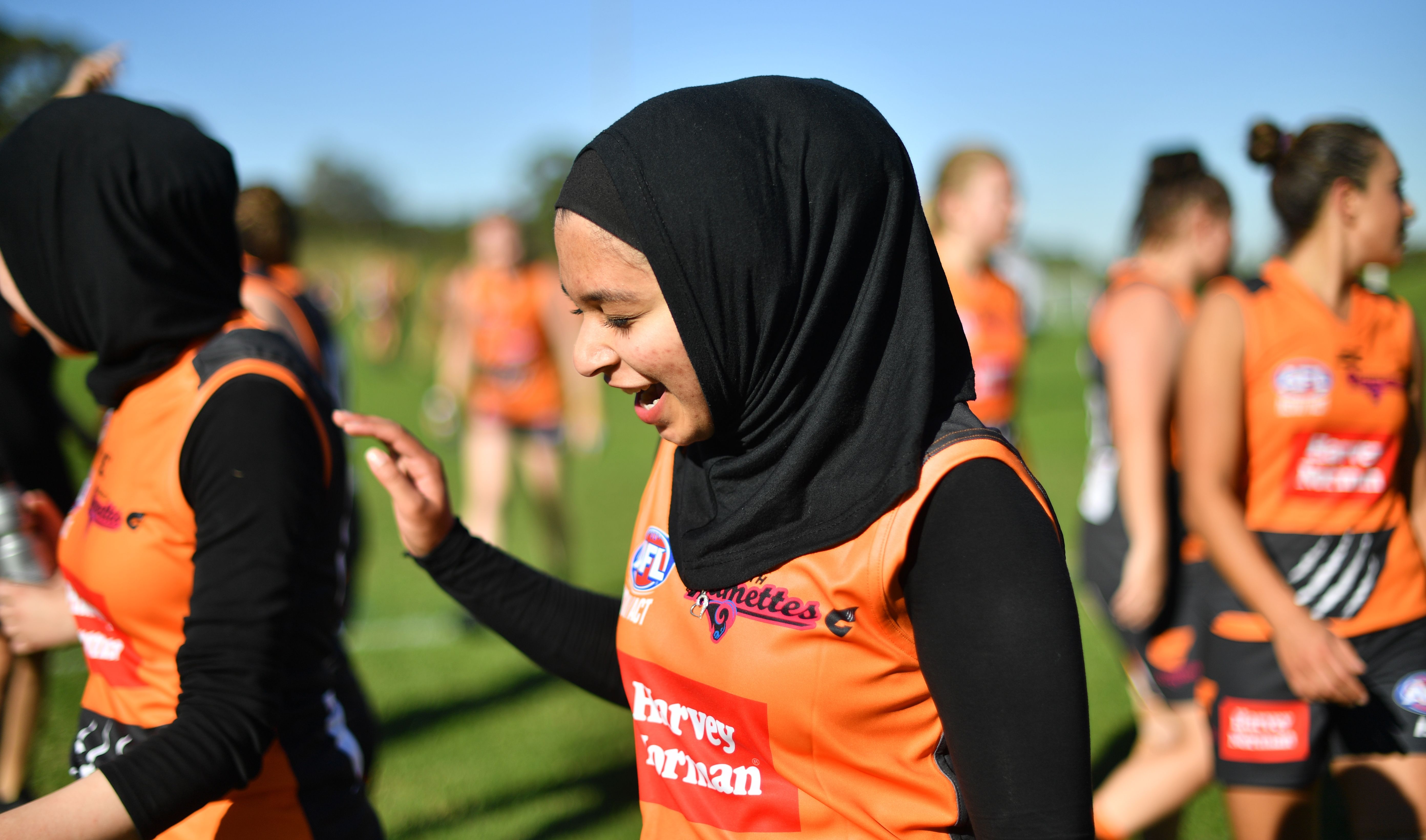
Sporting leaders and clubs have the opportunity to help young people find their place in the world by offering advocacy and mentoring regardless of their backgrounds.
But another barrier to the effective participation of young people in sport is cost.
A lack of financial resources can prevent some young people from taking part, so the effective engagement with and participation in organised sporting programs at both national and international levels, as well as at a local grassroots level, is vital. Sporting programs need to ensure that ‘belonging’ doesn’t exclude lower socioeconomic groups.
Another issue when it comes to inclusivity in sport is cultural insensitivity.

Arts & Culture
Why we’re not doing better at racism in sport
There is a need to invest in the cultural understanding of young players and programs that support the recognition of cultures and traditions. Cultural insensitivity can deter families and young people from minority cultural groups from engaging actively in sporting associations.
It’s up to these associations to rethink their policies in order to accommodate any cultural issues. They must create or provide a positive environment that welcomes families and their young people from different community groups and different lifestyles.
And this is particularly true of those in leadership positions. Recent research has found that some in sporting leadership positions pay little attention or no attention at all to the issue of diversity and underrepresentation of community groups in sporting clubs.
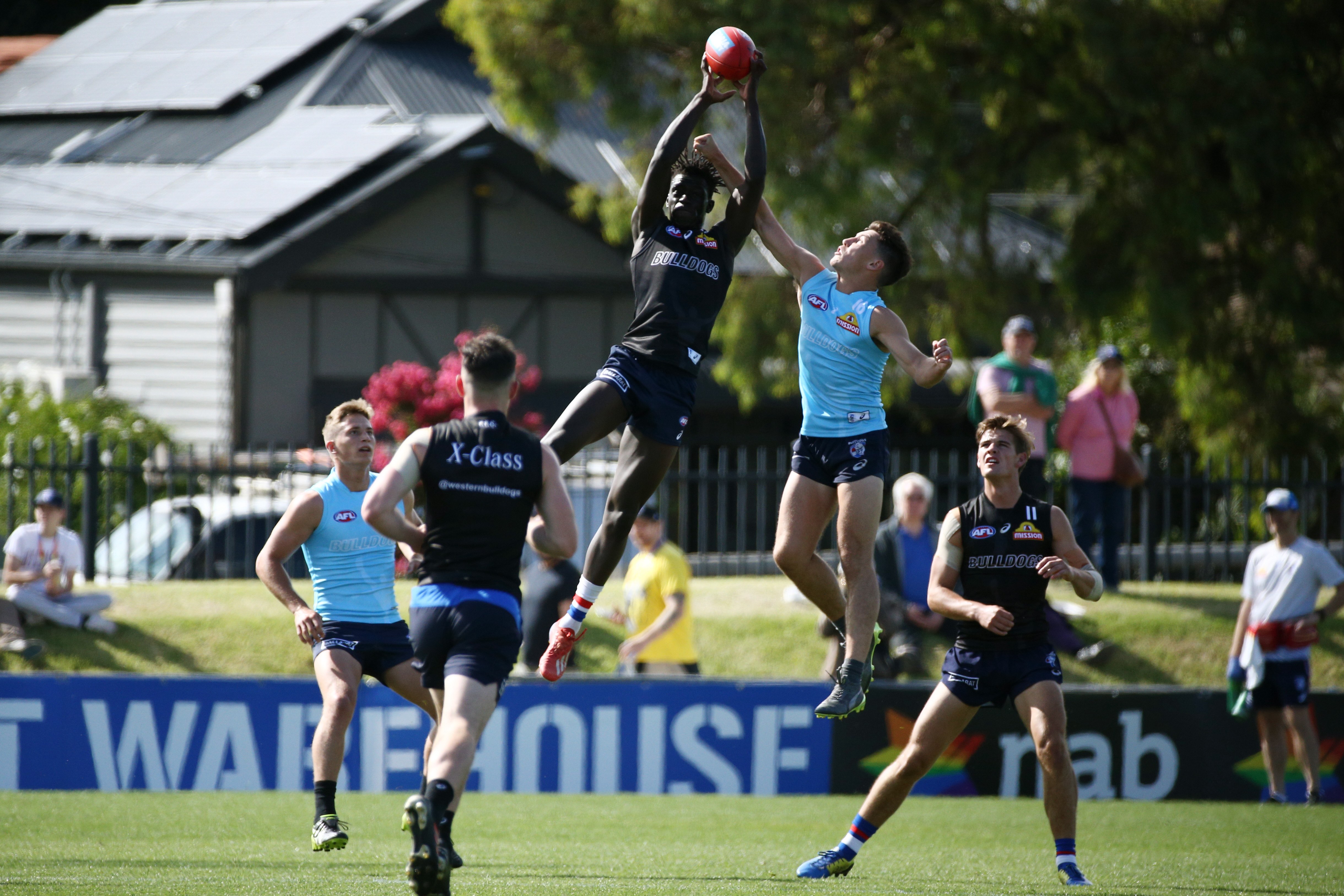
There are others – including coaches, managers, directors and other key decision-makers – who resist the idea of diversity in sporting clubs and promoting the participation of sport to culturally diverse community groups.
Sometimes ethnic communities have ongoing concerns about the challenges they face in areas like social justice, support for young women and girls, development of diversity policies and their implementation.
These are all issues that need the consideration of sporting associations to embrace community groups in their local areas – regardless of ethnicity, gender, sexuality or religion.

Politics & Society
Race, sport and media: Questioning the status quo
Sport is highly valued for its ability to bring people from diverse backgrounds together to create a strong sense of community and national identity. It can build social bonds and bridges in community networks that may have been eroded by war and displacement.
Sports programs can help families and their young people from refugee backgrounds integrate into host nations and create innovative opportunities like learning the local language or making friends outside of the family.
Crucially, sport can support a sense of purpose, direction and belonging for disadvantaged young people, their families and migrant communities who now call Australia home.
Banner: Getty Images